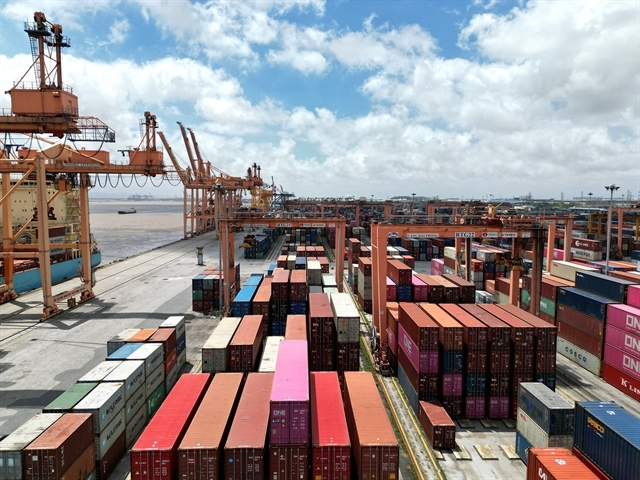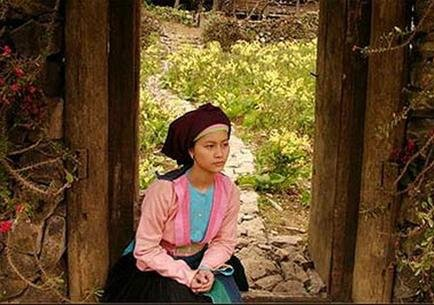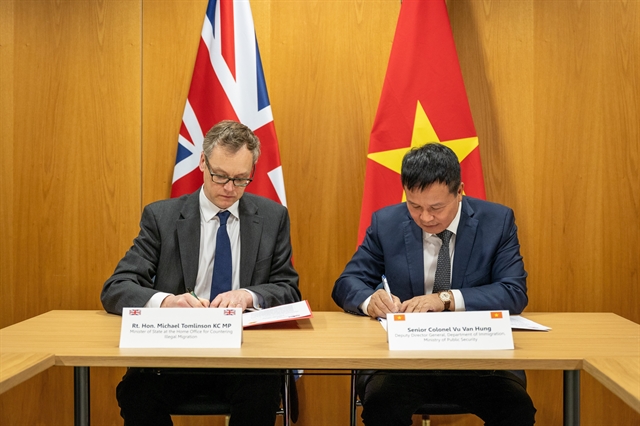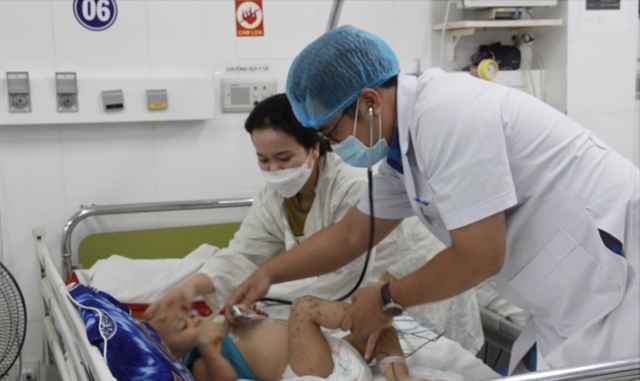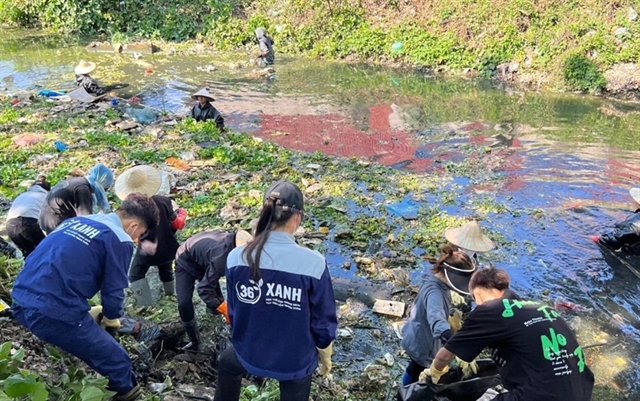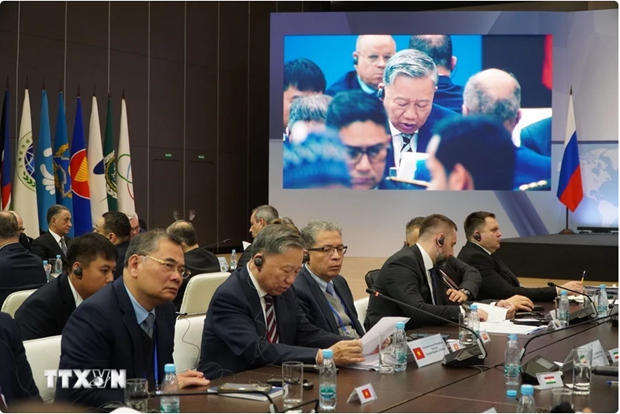 Society
Society
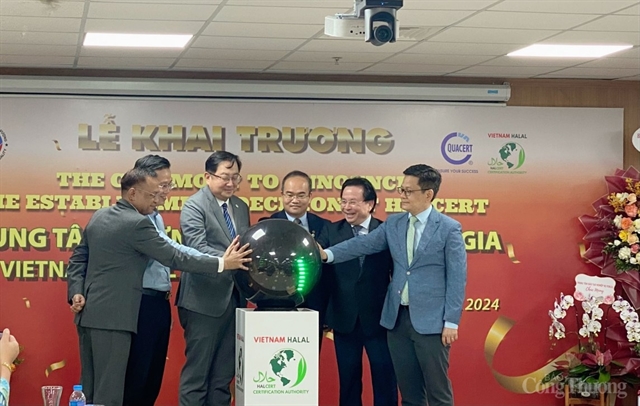
The Cửu Long (Mekong) Delta province of Đồng Tháp has granted production unit codes to 118 mango growing areas covering a total of 5,284ha.

|
| A mango orchard is planted under VietGAP standards in Đồng Tháp Province’s Thanh Bình District. – VNA/VNS Photo Nguyễn Văn Trí |
ĐỒNG THÁP – The Cửu Long (Mekong) Delta province of Đồng Tháp has granted production unit codes to 118 mango growing areas covering a total of 5,284ha.
To be granted such a code, each growing area should have a minimum of 10ha and grow mango to Vietnamese good agriculture practices (VietGAP) or other equivalent standards.
Mango farmers granted production unit codes have to keep a cultivation diary for origin traceability and follow requirements on pesticide and other chemical use.
According to Huỳnh Tấn Đạt, deputy director of the province’s Department of Agriculture and Rural Development, of the 118 mango growing areas, 46 mango growing areas with a total area of 1,091ha are designated for export to the US, Australia, New Zealand, South Korea and other markets.
The remaining 72 mango growing areas are for export to China.
The province has also granted packaging codes to 16 packaging establishments that export fresh mangoes.
The mango growing areas and packaging establishments with these codes are located mostly in Cao Lãnh District and Cao Lãnh City.
Đồng Tháp, the delta’s largest mango producer, has more than 12,000ha of mango with an annual output of 129,000 tonnes, mostly tượng da xanh, Cát Chu and Hoà Lộc varieties.
The Cao Lãnh mango in Cao Lãnh City and Cao Lãnh District was granted a geographical indication certification by the National Office of Intellectual Property in 2019.
Mango is one of five key agricultural products under the province’s agriculture restructuring plan.
The province has eight co-operatives, 37 co-operative groups and 23 farmer clubhouses growing mango on a total of 1,073ha under farm contracts with 10 companies.
Võ Việt Hưng, a member of the Mỹ Xương Mango Co-operative in Cao Lãnh District, grows mango under VietGAP standards with a 20 – 30 per cent higher yield than traditional farming methods.
VietGAP standard mangoes are bought at a price that is VNĐ5,000 – 10,000 a kilogramme higher compared to mangoes planted under traditional farming methods, according to Hưng.
In recent years, the quality and value of mango in the province has improved because of adherence to VietGAP, Global GAP and other standards and the production of off-season mangoes.
To have high-quality mango for export, farmers use bags to cover the fruit on the trees to protect their appearance, and harvest them at the proper ripening time.
The province has 13ha of mango planted to Global GAP standards and 145ha to VietGAP standards.
It has five mango products recognised as a three-star and four-star OCOP product under the national ‘one commune – one products’ (OCOP) programme.
Companies and establishments in the province have processed fresh mangoes into products including dried mango, frozen mango and mango wine. – VNS


